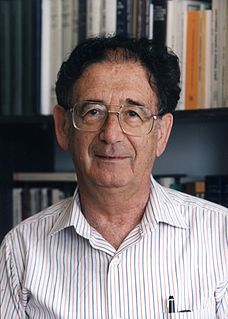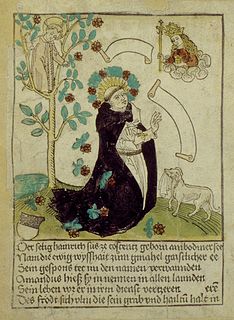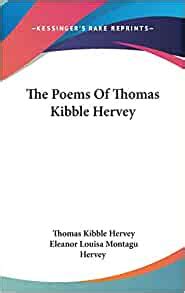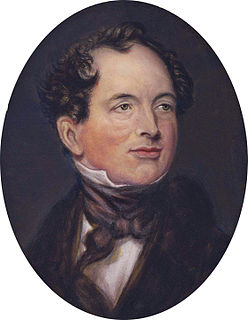A Quote by William Shakespeare
My rage is gone,
And I am struck with sorrow. Take him up.
Help, three o' th' chiefest soldiers; I'll be one.
Beat thou the drum, that it speaks mournfully,
Trail your steel spikes. Though in this city he
Hath widowed and unchilded many a one,
Which to this hour bewail the injury,
Yet he shall have a noble memory.
Assist.
Related Quotes
First shalt thou take out the Holy Pin. Then shalt thou count to three, no more-no less. Three shall be the number thou shalt count, and the number of the counting shall be three. Four shalt thou not count, neither count thou two, excepting that thou then proceed to three. Five is right out. Once the number three, being the third number, be reached, then lobbest thou thy Holy Hand Grenade of Antioch towards thy foe, who, being naughty in my sight, shall snuff it.
Thou shalt understand that it is a science most profitable, and passing all other sciences, for to learn to die. For a man to know that he shall die, that is common to all men; as much as there is no man that may ever live or he hath hope or trust thereof; but thou shalt find full few that hath this cunning to learn to die. I shall give thee the mystery of this doctrine; the which shall profit thee greatly to the beginning of ghostly health, and to a stable fundamental of all virtues.
Thy word remaineth for ever, which word now appeareth unto us in the riddle of the clouds, and through the mirror of the heavens, not as it is: because that even we, though the well beloved of thy Son, yet it hath not yet appeared what we shall be. He looked through the lattice of our flesh and he spake us fair, yea, he set us on fire, and we hasten on his scent. But when he shall appear, then shall we be like him, for we shall see him as he is: as he is, Lord, will our sight be, though the time be not yet.
He comes to us as One unknown, without a name, as of old, by the lakeside, He came to those men who knew Him not. He speaks to us the same words: "Follow thou me!" and sets us to the tasks which He has to fulfill for our time. He commands. And to those who obey Him, whether they be wise or simple, He will reveal himself in the toils, the conflicts, the sufferings which they shall pass through in His fellowship, and, as an ineffable mystery, they shall learn in their own experience Who He is.
I know thou art gone to the home of thy rest--
Then why should my soul be so sad?
I know thou art gone where the weary are blest,
And the mourner looks up, and is glad;
I know thou hast drank of the Lethe that flows
In a land where they do not forget,
That sheds over memory only repose,
And takes from it only regret.
Be very vigilant over thy child in the April of his understanding, lest the frost of May nip his blossoms. While he is a tender twig, straighten him; whilst he is a new vessel, season him; such as thou makest him, such commonly shall thou find him. Let his first lesson be obedience and his second shall be what thou wilt.
It would have been better to come back at the same hour,” said the fox. “If, for example, you came at four o’clock in the afternoon, then at three o’clock I shall begin to be happy. I shall feel happier and happier as the hour advances. At four o’clock, I shall already be worrying and jumping about. I shall show you how happy I am! But if you come at just any time, I shall never know at what hour my heart is to be ready to greet you . . . One must observe the proper rites . . .





































